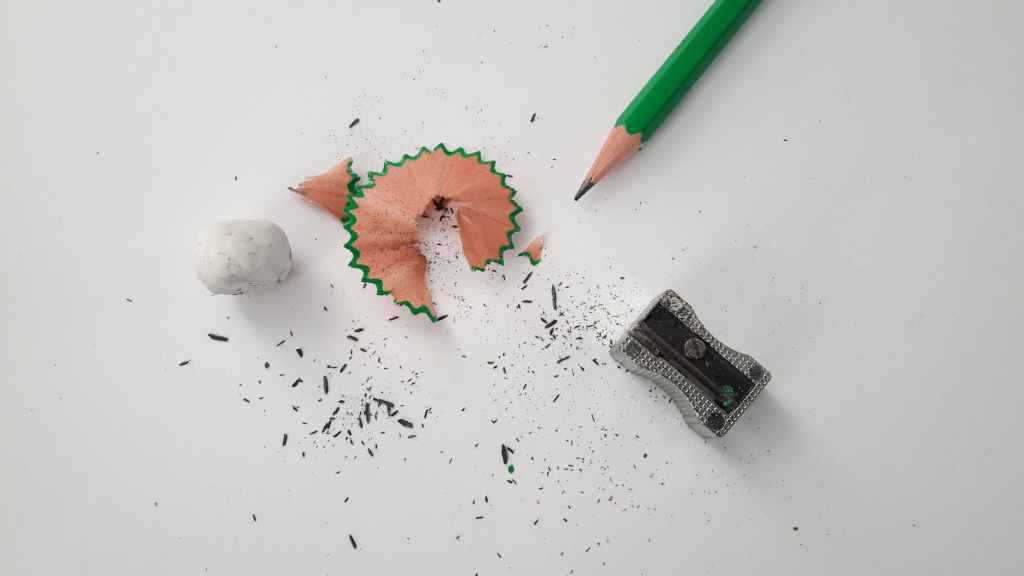I began working on the Franck Violin Sonata this week after a 15 year hiatus. I performed it several times in grad school with my husband/cellist, Erik Anderson, and then played it with my violin colleague at Minot State University, Dr. Jon Rumney, shortly after moving to Minot. The score I’m using now is the one I played from in grad school: bright yellow International Edition. For academic and aesthetic reasons, I will definitely pony up for a new Henle score soon, but this old score has caused me to ponder my learning process in my early 20’s vs. now, and wonder why I was so stingy with markings in the score.
The Franck Violin Sonata has a reputation for having a very difficult piano part. It has a thick texture, heavy chromaticism, extended octave passages, and must be balanced with the single line of the violin (or cello in this case). The interpretation also requires much expression and rubato. One would think that in learning it for the first time, I would have marked up the score quite a lot, but I barely put any fingerings in, and very little interpretive information. I remember having intense interpretive discussions and agonizing over decision making in the rehearsal process, and also many hours of coaching with faculty, where I would have gleaned valuable wisdom; but sadly there are almost no markings in the score to indicate any of this. I also remember performing it well and with convincing interpretation. How did I do this while leaving no evidence of the process?
How a musician marks the score is deeply personal. I have seen preferences ranging from a completely pristine score, to every single fingering marked in, to so many layers of markings that the score is nearly illegible. For me, it depends on the scope of preparation. If I’m memorizing the music, I will work from a photocopy so that I can use colored pens to assist the memorization process. These scores are filled with information: analysis, fingerings, choreography, pedaling, interpretation, information from research, images, basically anything that might create a neural pathway and secure memorization.
If I’m using the score for a performance, I like playing from a bound original rather than a photocopy for aesthetic reasons. In this case, I mark with pencil, mostly notes to myself that I can use while reading the score. I have learned over the years that I won’t remember all of the details, so it is safer to notate anything technical or interpretive. Markings save time and stress, and I use them generously, but never in a way that obstructs the score.
I wonder if my past self was able to practice enough to internalize decisions effectively without the visual reminder of score markings? I simply don’t have the time or patience to practice in that way anymore, and will always choose a more practical and time-saving method over mass repetition.
Another question is what happens when I revisit repertoire. Do I use a clean score to avoid falling into the same patterns, or do I use a marked score so that I don’t have to solve all of the same problems again? I am a very different player from the time when I learned the Franck Violin Sonata for the first time. Would I benefit from having all of the markings there in the score from my 20-something self, or would I just confirm that I make better decisions now as a more mature player?
The act of marking the score is important for internalizing the decision. I feel strongly about this in my daily life as well, and use this method for my practice journal. Writing it down is always more meaningful than typing or highlighting digital text. I think for this reason alone, I will probably never convert to using a tablet, as convenient as it may be. Perhaps beginning the learning or re-learning process with a completely clean score is best, and in the best case scenario, reference scores from past preparation periods can be mined for any ideas that might be missed.
One thing is for sure: I will be marking the Franck much more this time around. Whether or not my future self appreciates the leg up on learning it again remains to be seen.




Leave a comment